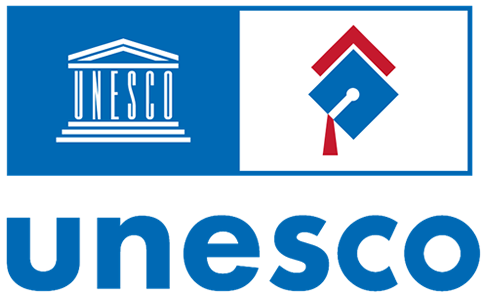Tertiary Education–Private Sector Engagement: A Strategic approach to catalysing innovation, economic revitalisation, and inclusive development in CARICOM countries
Resumen
This article provides an analytical framework for assessing and facilitating productive collaborations between the higher education sector and the private sector in the Caribbean. It argues that such partnerships can be crucial to economic growth, innovation and inclusive development in the region. The paper however points to certain challenges which must be tackled if meaningful and lasting benefits for the region are to be derived and maximised. These include addressing the lack of clarity in definition of the private sector as well as tackling the weak institutional capacities and the paucity of effective strategic partnerships among Caribbean higher education institutions.”..
Los derechos de autor permiten la protección del material original, y frena la utilización del trabajo ajeno sin permiso. UNESCO IESALC se adhiere a las licencias Creative Commons en la publicación de acceso abierto de la ESS. En concreto, los textos publicados en esta revista están sujetos a una licencia Creative Commons Reconocimiento-NoComercial 4.0 Internacional (CC BY-NC 4.0): La ESS es una revista de acceso abierto, lo que significa que todo el contenido está disponible gratuitamente para el usuario o su institución. Los usuarios pueden leer, descargar, copiar, distribuir, imprimir, buscar o enlazar a los textos completos de los artículos, o utilizarlos para cualquier otro fin lícito, sin pedir permiso previo al editor o al autor, procurando siempre cite al autor. No se permite el uso comercial. La ESS requiere que los autores acepten el Copyright Notice como parte del proceso de envío. Los autores conservan todos los derechos.
La licencia completa puede consultarse en https://creativecommons.org/licenses/by-nc/4.0/
 Reconocimiento – NoComercial (CC BY-NC 4.0)
Reconocimiento – NoComercial (CC BY-NC 4.0)
Esta revista no aplica ningún tipo de cargo a los autores por la presentación o procesado de los artículos. Los autores de las colaboraciones recibirán acuse de recibo de que el trabajo ha llegado al Equipo Editorial de la Revista.




.png)
